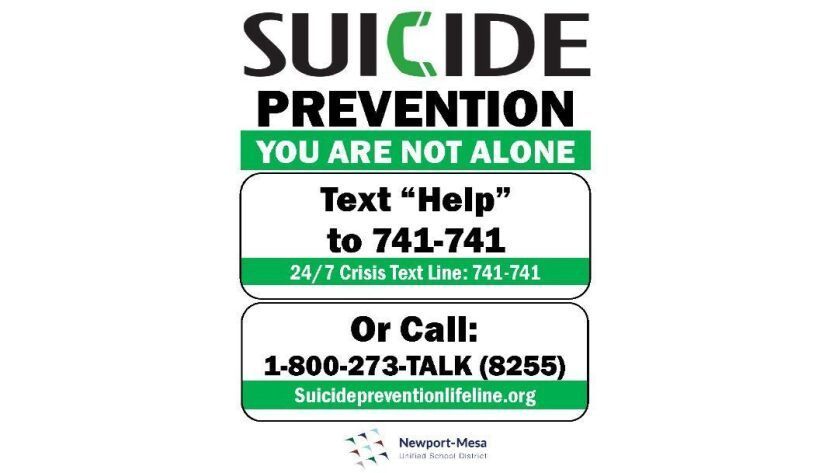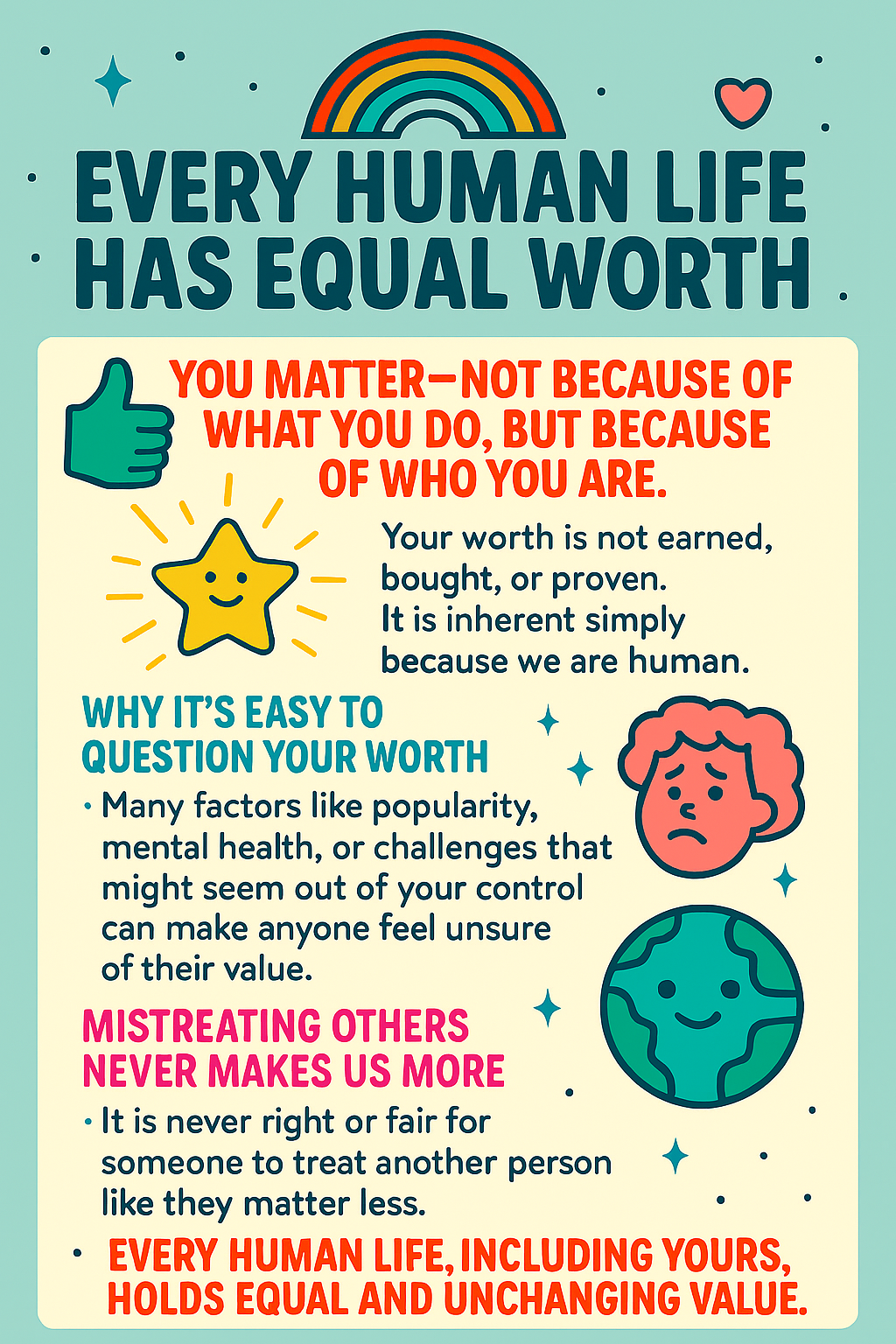When we talk about suicide usually the discussion is about teens and young adults. In fact, many people believe that younger children aren’t capable of intentionally ending their own lives because they assume that children don’t really understand what it means to be dead. Unfortunately, this type of thinking is not only incorrect, but also dangerous.

THE HARD TRUTH
Pre-adolescent children can and do die by
suicide. According to data from the National Center for Injury Prevention and Control, suicide is the eighth leading cause of death for children ages 5-11 years. Research has shown that by age 9 most children have a thorough understanding of both death and suicide. Regardless, it isn’t necessary to be able to fully understand what it means to be dead in order to engage in actions that could result in death.
HOW TO KNOW IF YOUR CHILD IS AT RISK
You can find lots of articles about suicide that include lists of risk factors and warning signs. These lists were compiled out of desire to identify who is at risk so that we can intervene before anyone gets hurt. Unfortunately, research shows that these lists aren’t very useful in predicting which specific individuals will think about suicide and which ones will make an attempt. The truth is that lots of stressful life events can increase a person’s risk for suicide. Suicide is never the result of just one bad thing that happened. People reach a point of thinking about suicide when they are experiencing so much psychological pain that they come to believe the only way to end their pain (or the burden they believe they have become to others) is through ending their life.

The best way to know if your child (or any child) is at risk is to communicate directly with the child. Know what is going on in their life, whether they’re under a lot of stress or having a rough time. Notice changes in the way your child behaves and reacts and notice when that changes – when they aren’t acting like themselves. Talk to your child. Not just when problems are occurring (if you wait until then to start talking, you’re already too late), but talk to them regularly. Listen. Listen carefully. Too often parents minimize their child’s problems (“Oh it can’t be that bad”), rush to try to fix things (“Well all you need to do is . . .”), listen half-way while also trying to do something else, or get distracted by disapproval (“You did what”). When that happens, children don’t feel safe being open and honest. The only way to get them to really tell you what is going on in their life is to show them that they have your undivided attention and that you can handle hearing whatever it is they have to say.
If you have even the tiniest suspicion that your child might be suicidal, ask them about it. Don’t be afraid that bringing it up will backfire by planting the suggestion in their brain. It doesn’t work that way. If they aren’t thinking about suicide, they’ll let you know. If they are, then you’ve just opened the door to talking about it and getting them the help they need.
HOW TO ASK ABOUT IT
Asking a person if they’re thinking about suicide is hard. Most of the time when we’re asking the question we are also thinking inside our heads, “Please say no. Please say no. Please say no.” No one wants a person they care about to be suicidal. But we have to be brave enough to ask, because asking just might save that person’s life.
A person who is suicidal might not be able to volunteer that information. They can’t walk up to you and say, “I really need your help. I’m thinking about killing myself.” However, many people who have attempted suicide and survived reported afterward that they had been hoping desperately that someone would notice and ask them. Be that someone who asked.
There is no one right way to ask. You can weave it into the conversation: “You seem to be in a lot of pain right now. Sometimes when people are in that much pain, they think about killing themselves. Are you thinking of that?” You can ask directly: “Are you thinking about killing yourself?” What you don’t want to do is ask in a way that telegraphs to them that you want them to say No: “You aren’t thinking of killing yourself, are you?” And you don’t want to ask in a way that passes judgment: “You’re not thinking of doing anything stupid, are you?”

FALSE ALARMS
Because we are talking about children here, it is necessary to acknowledge that children sometimes say things they don’t mean. It isn’t that unusual for a child who is upset to say something like, “I hate my life! I wish I was dead!” If this happens with your child, don’t automatically dismiss it. There may be a pretty good chance that the child is being dramatic. However, something is going on. After your child has calmed down, go back and check in, “Is that something you really think about?” If it is not, help your child to find other, more accurate words to express the intense emotions they were feeling.
WHAT IF THEY SAY YES?
If your child tells you that they are thinking about suicide, there are several important steps to take next:
- Ask them to tell you about what they’re going through and listen. You don’t have to fix their problems. Just listen and show that you care.
- Tell them that you love them, and you want them to stay alive. This may be an obvious one to you, but it’s not obvious to a person who is suicidal. They need to hear the words.
- Get professional help. Call the National Suicide Prevention Lifeline (800-273-8255) or text 741741 for free, professional help 24/7. They aren’t just there to help the person who is suicidal. They can support you and help you through this difficult conversation with your child.
- Follow up by calling a local counseling or behavioral health agency to begin services for your child.
- Take care of yourself. Your child is going to need you. This isn’t an easy conversation for any parent to have. Use your self-care strategies and resources to take care of yourself so that you can continue to be there for your child.
*C&A does offer counseling and programming for children experiencing suicide ideation. For more information, call 330.433.6075.
Mary M. Kreitz, LPC, CDCA has over 20 years of experience working in the field of behavioral health. She is currently the lead therapist for the Trauma Program at Child & Adolescent Behavioral Health, is a member of the Stark County Trauma and Resiliency Committee, and is a member of the Unity Coalition to Dismantle Racism in Stark County.
RECENT POSTS












